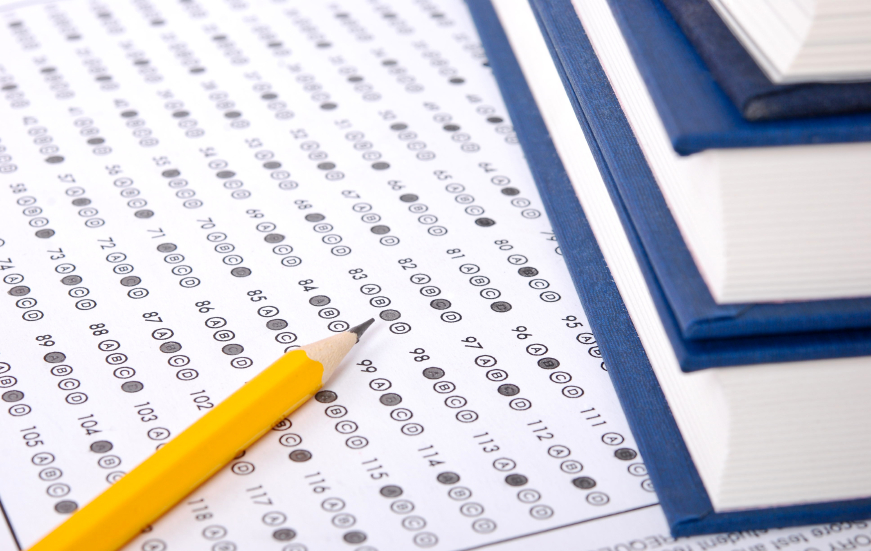The College Board reported last week that it would be altering the SAT. The essay portion, which was added only a few years ago, would now be optional. Some of the more obscure vocabulary words would be eliminated. And the new test, to be launched in 2016, will, according to College Board president David Coleman, more sharply focus on the “core set of knowledge and skills” that high school graduates need to succeed in college.
One of the most common criticisms of the SAT is that it favors wealthy students because they are the ones who can afford the test prep. The experts, though, do not believe that test prep can change a score significantly. A 2009 report by the National Association of College Admissions Counselors from before the time when the essay was added “found that SAT coaching resulted in about 30 points in score improvement on the SAT, out of a possible 1600.” Not exactly the difference between Harvard and UMass.
It is true, of course, that the wealthier do better on the SAT, but it’s not because they take a lot of test prep courses. It’s because they have had a significantly better education, particularly in the public schools. Wealth is not a guarantee you will do well on the SATs and there are poor people who overcome bad educations and get good scores on their SATs. But more and more they are the exception.
Sixty years ago, it didn’t matter where you went to high school. You would graduate with a certain amount of literacy and numeracy and would be qualified for a job. (Colleges would admit high school graduates on some combination of merit, family name, etc.) Now, even if you graduate—and that is a big question--you may not have even the most basic reading skills. The College Board is not responsible for this problem. It is only delivering a message about the uneven quality of our public education system.
But if it’s unfair to report that students from worse schools and poorer backgrounds do worse in high school, what exactly should the SAT report? Should it report IQ? Or some other score of native intelligence? We have largely decided that’s unfair too. There are plenty of middle-class kids who are not natural-born geniuses and yet have worked very hard to get where they are. Is it fair to punish them because they have had better opportunities and have taken full advantage of them?
If colleges can’t decide whom to admit based on what they learned in high school or based on some kind of natural ability, where does that leave them? And where does it leave the College Board?






